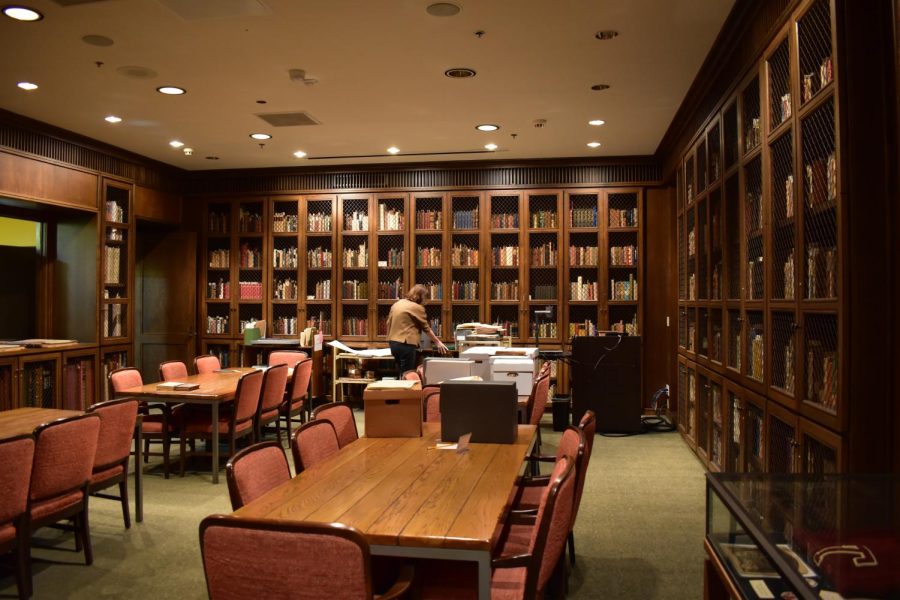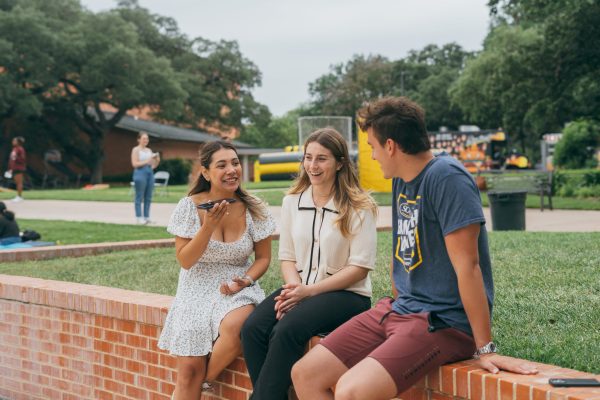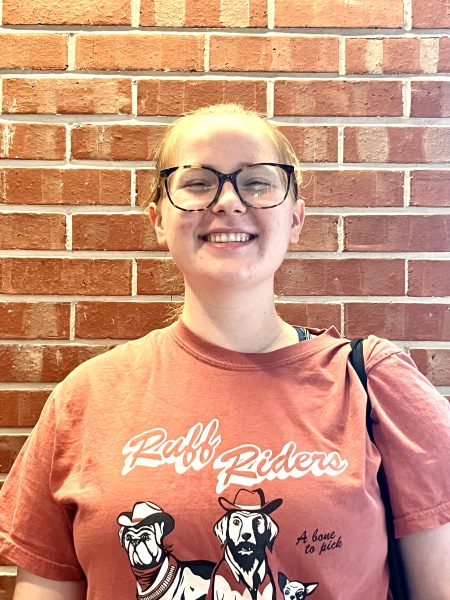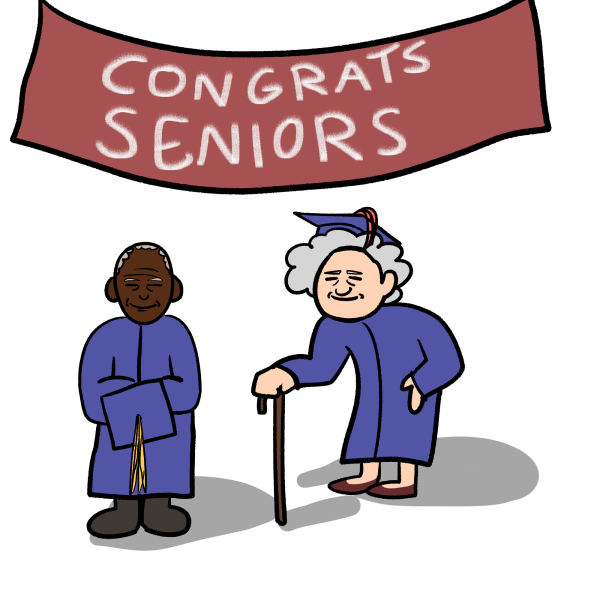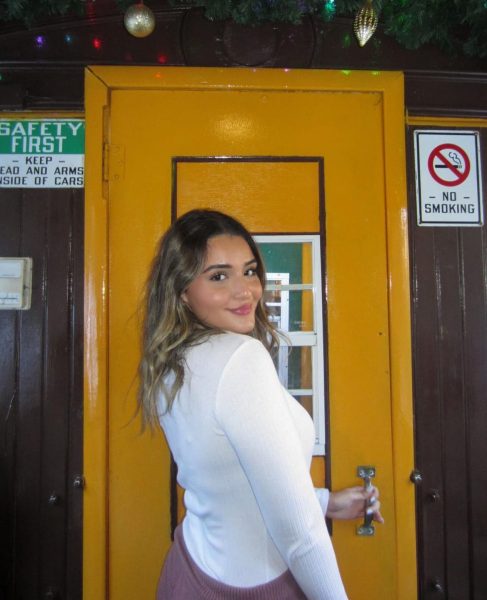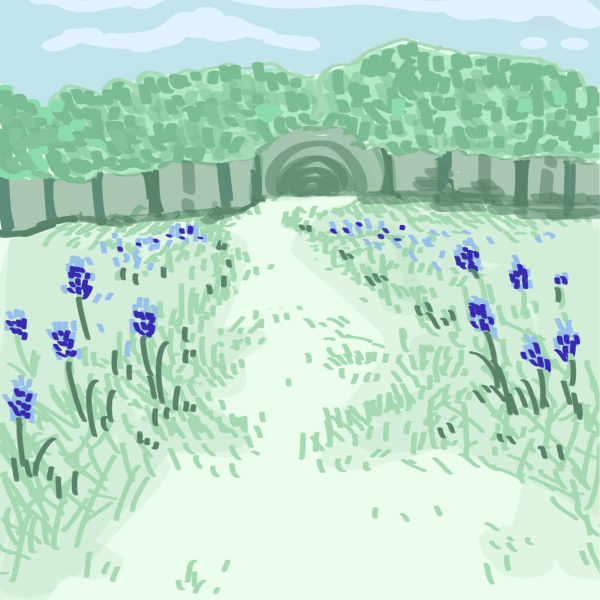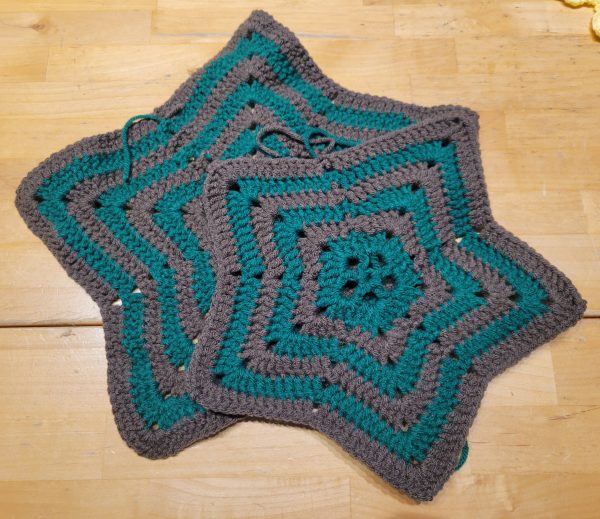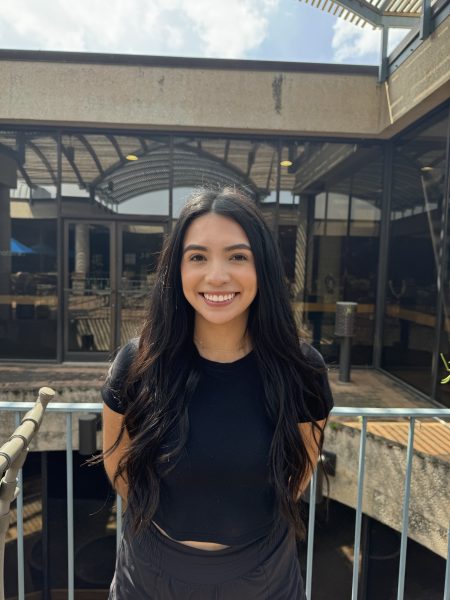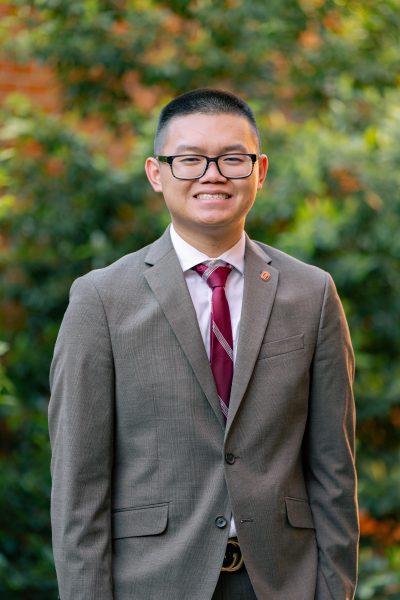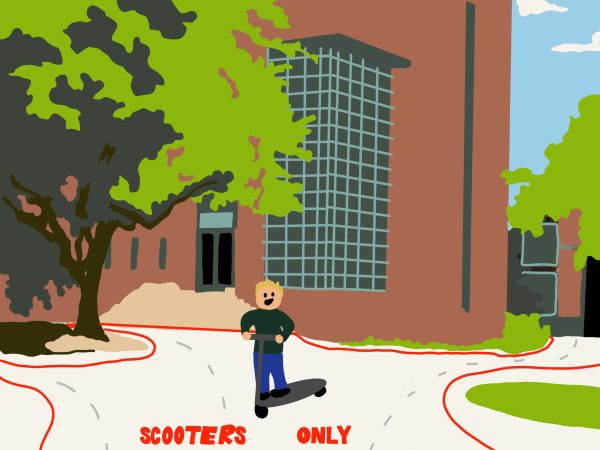Special Collections and Archives: A fantasyland of diverse histories
Hoelscher and Schnur work to make students feel welcome in a room of precious history
Nestled west of the stairs on the second floor of Coates Library is a cozy room that looks as if it’s straight out of “Downton Abbey.” This room houses Trinity’s Special Collections and Archives. Twentieth-century San Antonio philanthropist, Elizabeth Huth Coates, designed and decorated this gorgeous room herself, and it contains multitudes of historic information and rarities.
Special Collections Librarian Colleen Hoelscher is responsible for the rare books Trinity has, such as several copies of Chaucer’s “Canterbury Tales” in different styles from different eras, while University Archivist Abra Schnur deals with all things involving Trinity history. The two work closely together to provide students with access to nearly everything within the Special Collections and Archives. For example, Hoelscher said that a 20th century American literature class or a music history class can come in and examine original texts from writers and composers.
Senior English major Zoe Grout works as an archival assistant.
“I think the biggest thing to me is helping people to take control of the narrative that they want to present to the future … A big part of archives right now is finding gaps and filling them and noticing those gaps and why they exist,” Grout said.
Some students are very involved with this section of the library. Schnur is working closely with a student worker to produce a diversity, equity and inclusion audit on university materials.
“We are specifically looking at academic departments, student organizations, alumni collections and faculty papers [to show] what we have in terms of representation in the archives,” Schnur said. Hopefully, this audit will allow members of the community to analyze the gaps in representation through physical numbers, she explained.
Hoelscher is also working on student-led projects this semester.
“I have an intern who’s working on doing an exhibit that will be up on the third floor of the library about Title IX with Trinity and women’s athletics,” Hoelscher said. “And then Dr. Turek’s Public History class [is] going to be working after spring break on making a digital exhibit using material we have here in the archives.”
Students often think that university archives have nothing to do with them, which is a misconception Schnur wanted to address. Grout said she believes it is important for students to know where the institution came from. She said that the Special Collections and Archives is the only place on campus to get a true sense of what Trinity is like.
Schnur said, “I want students to start being very proactive in thinking about the legacy of their time at Trinity … and having a footprint here within the archives.”
Schnur mentioned that the archives allow students to further connect and maybe even question Trinity’s past. For example, both Hoelscher and Schnur mentioned Trinity’s previous Home Economics major. Schnur said that knowing what Trinity was like before and after students have attended allows members of the community to truly understand why they’re here.
Hoelscher believes what makes this section of the library particularly extraordinary is the experience you get from handling a primary source; it’s an experience you can’t get from looking at the source online.
Hoelscher said, “If you’re in a literature class, it’s one thing to read a book by Jane Austen, but you get a little bit of something different coming in and holding a copy of Jane Austen’s book that was printed 200 years ago … that people were reading as she was becoming popular.”
The experiences people have at Trinity’s Special Collections and Archives are unique. Students have the ability to pursue research opportunities, learn more about Trinity’s history and even just spend the afternoon studying in the beautiful room. Students who wish to see the magic themselves should know the section is open Monday through Friday from 12 to 4 p.m. or by appointment. Remember that pens, food and drinks (even water!) are not allowed in the section to ensure that no damage is done to the room or its materials.
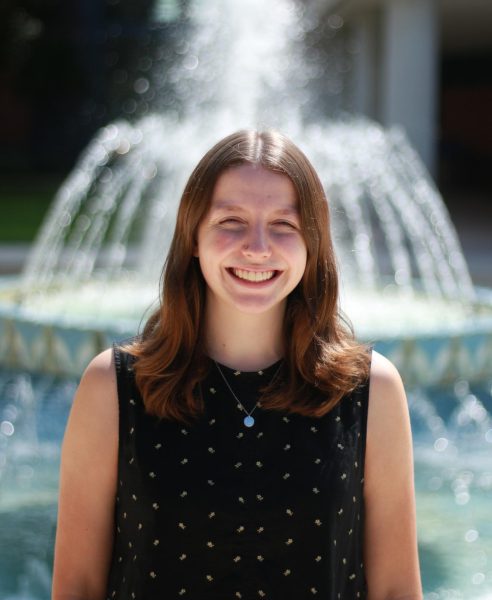
Hi! My name is Lauren Roddis (she/her/hers), and I am the Arts & Entertainment section editor! I am a junior from Spokane, WA, double majoring in Communication...
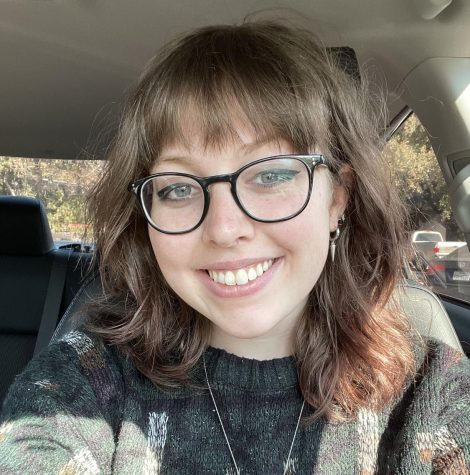
My name is Claire Sammons and I am an Anthropology and Communications double major. I have worked for the Trinitonian since fall of 2020. I became a photographer...

